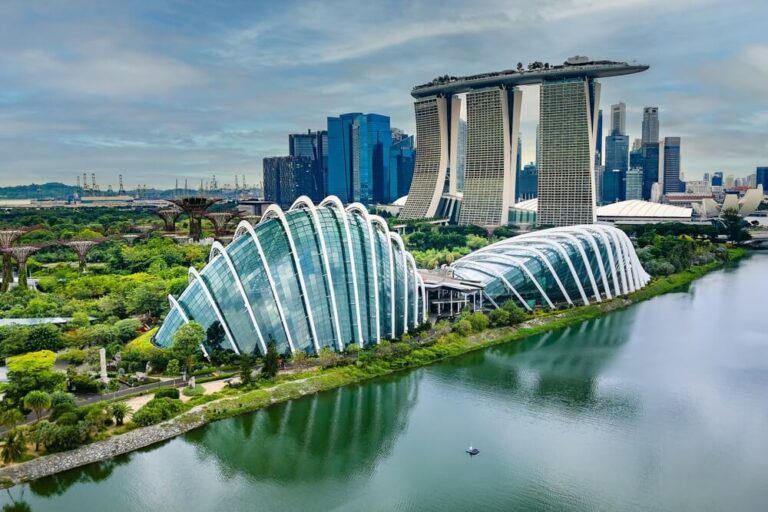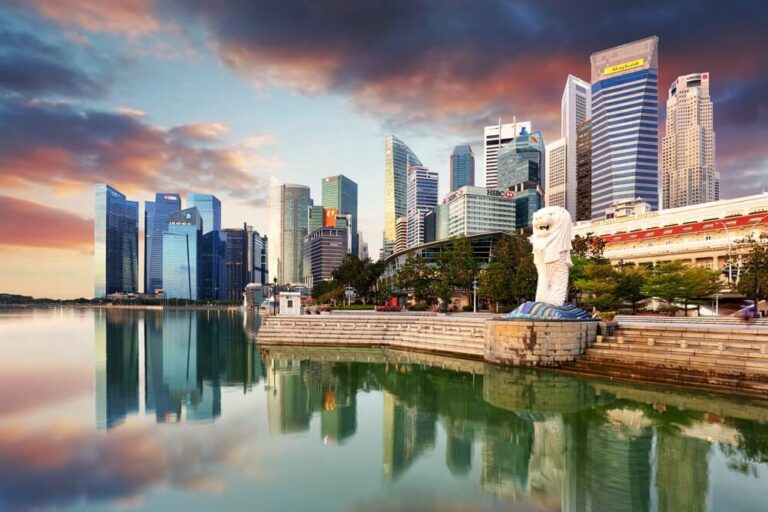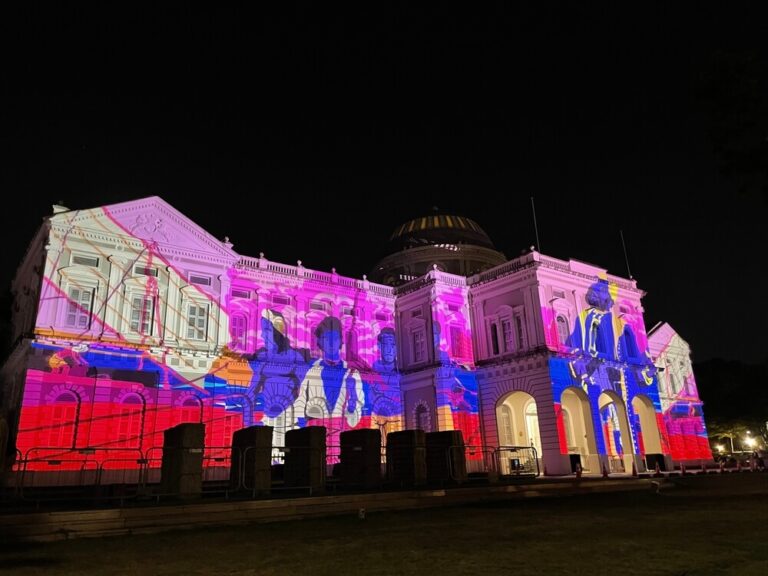Singapore: The Impeccably Clean City-State
Singapore, often referred to as the “Garden City,” is renowned globally for its immaculate cleanliness and pristine urban environment. This city-state stands as a shining example of how effective policies, community involvement, and advanced technology can create a clean and sustainable urban landscape. Here’s an in-depth look at what makes Singapore one of the cleanest cities in the world.

Rigorous Cleanliness Regulations
Singapore’s reputation for cleanliness is largely attributed to its strict laws and regulations. The government imposes hefty fines for littering, spitting, and vandalism. Public spaces are monitored to ensure compliance, and these stringent measures have fostered a culture of cleanliness among residents and visitors alike. These policies extend to the proper disposal of chewing gum, which is banned for sale except for medical purposes.
Advanced Waste Management Systems
Singapore’s waste management system is one of the most advanced in the world. The city-state employs a comprehensive recycling program and waste-to-energy plants that convert non-recyclable waste into electricity. This not only minimizes landfill use but also helps in reducing greenhouse gas emissions. Innovative technologies, such as the Pneumatic Waste Conveyance System (PWCS), further streamline waste collection and disposal processes.
Abundant Green Spaces
True to its nickname, Singapore is dotted with lush green spaces that contribute significantly to its clean environment. Gardens by the Bay, the Singapore Botanic Gardens, and numerous parks provide residents with recreational areas while also improving air quality and reducing urban heat. The city’s commitment to green architecture is evident in its many vertical gardens and green rooftops.

Efficient Public Transportation
Singapore boasts an efficient and clean public transportation system. The Mass Rapid Transit (MRT) network is known for its punctuality and cleanliness, providing a convenient alternative to driving. The extensive use of public transport reduces traffic congestion and pollution, contributing to the overall cleanliness of the city. The city also promotes the use of electric vehicles and has a robust bike-sharing program.
Community Engagement
The government of Singapore places a strong emphasis on community involvement in maintaining cleanliness. Public awareness campaigns and community programs encourage residents to take ownership of their surroundings. Initiatives such as the Keep Singapore Clean Movement and the Public Hygiene Council play pivotal roles in educating the public and organizing clean-up events.

Cutting-Edge Technology
Singapore leverages cutting-edge technology to maintain its cleanliness. Smart bins equipped with sensors notify authorities when they need to be emptied, ensuring that public spaces remain tidy. Additionally, the city utilizes data analytics and surveillance to monitor waste disposal and cleanliness in real-time.
Conclusion
Singapore’s status as one of the cleanest cities in the world is the result of a multifaceted approach involving strict regulations, advanced waste management, abundant green spaces, efficient public transportation, community engagement, and the use of technology. This city-state exemplifies how urban areas can achieve and maintain high standards of cleanliness and sustainability, making it a model for cities around the globe.


